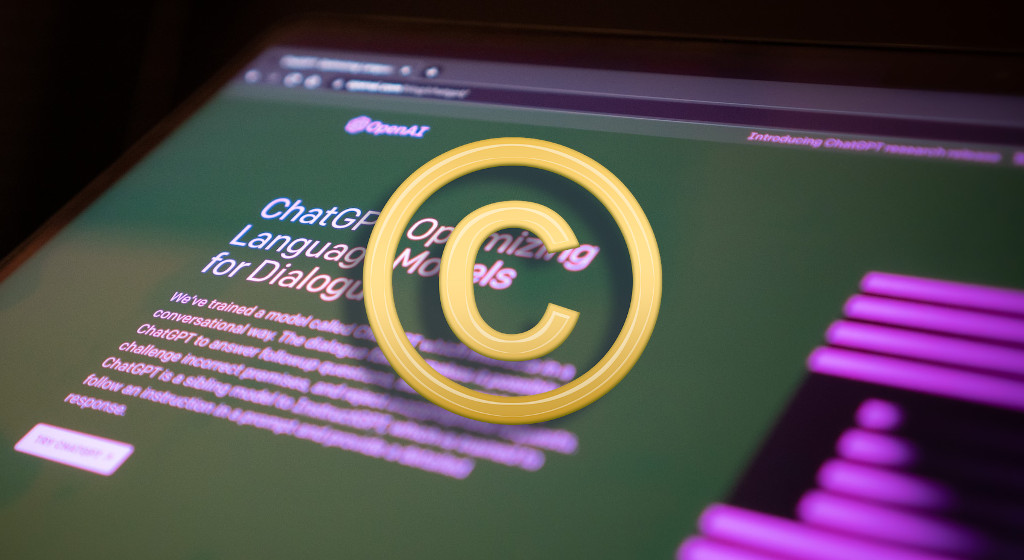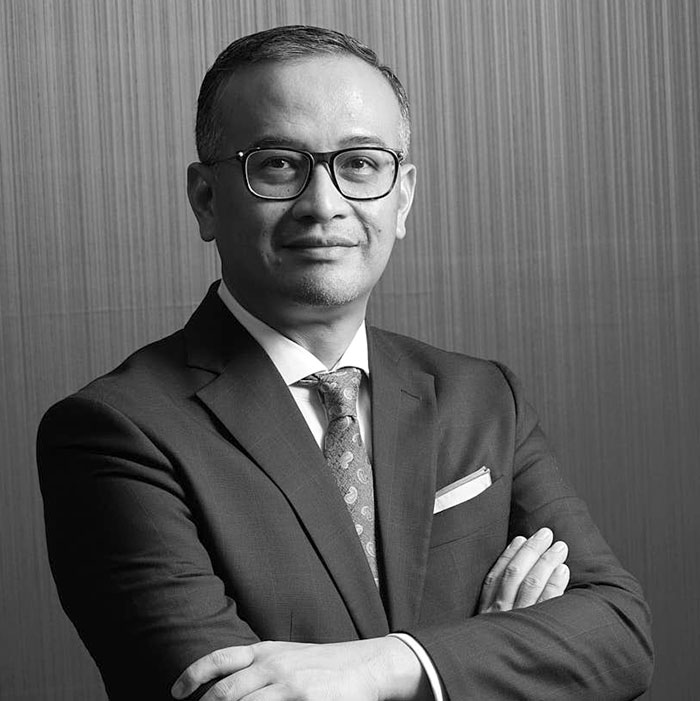Copyright and Generative AI: Does Indonesian Copyright Law Protect AI-Generated Works?
Apr 06, 2023

Artificial intelligence (AI) has become a hot topic in recent years, with significant advancements being made in the field of generative AI. Generative AI involves training algorithms to generate new, unique content such as images, music, and texts. A well-known example of generative AI that has seen widespread use is the ChatGPT, a chatbot powered by the Generative Pretrained Transformer (GPT) series of AI models developed by OpenAI, which are capable of generating realistic and coherent text in a variety of styles and genres – including poetry, news articles, and marketing copywriting – from simple text prompts inputted by its users.
However, the machine-generated nature of generative AI has brought into question its relationship with existing copyright regimes: does copyright protection apply to works created by generative AI?
The answers to this question are not straightforward, as it depends on various factors. Generally speaking, Indonesia’s Law Number 28 of 2014 on Copyright (“Indonesian Copyright Law”) grants protection to original works of authorship fixed in a tangible medium of expression. This may include literary, musical, artistic, and other creative works which are copyrightable under the Indonesian Copyright Law – all of which can be created by many of the existing generative AI models.
Nevertheless, to be afforded copyright protection by the Indonesian Copyright Law, there are two requirements that a work must fulfill for it to be afforded copyright protection according to the Indonesian Copyright Law. The first requirement is that works have to be unique and personal, and created as a result of the inspiration, ability, thought, imagination, dexterity, skill, or expertise of its author. In the case of generative AI, the works are generated by an algorithm, and there is little to no direct involvement of a human being (aside from entering text prompts) in generating the works.
The second requirement is regarding whom the Indonesian Copyright Law considers as an author. The Indonesian Copyright Law defines an author as “a person or several persons who individually or jointly produce works that are unique and personal”. Although the Indonesian Copyright Law does not strictly define who is considered a person, Indonesia’s legal doctrine categorizes persons into “natural persons” and “legal persons”. Natural persons are real and living human beings, while legal persons are bodies created by or in accordance with the law, such as sovereign states or limited liability companies.
While AIs can undertake complex tasks and calculations with a similar or higher degree to humans, they are still (at their core) software created by human beings. This fact prevents them from being considered as either a natural or legal person, and ultimately as an author as specified in the Indonesian Copyright Law. The inability of AI programs to satisfy both requirements raised questions of whether AI-generated works can be protected under the Indonesian Copyright Law.
Until now, Indonesia’s courts and Intellectual Property Office have not issued any landmark judgment or guidance on whether AI-generated works are protected as copyright in Indonesia. In the United States, however, the Copyright Office has issued a statement that works produced by machines or artificial intelligence are not eligible for copyright protection, as they lack the human authorship required by copyright law.
In a letter written by the US Copyright Office to Kristina Kashtanova last February, the US Copyright Office provided a response to Ms. Kashtanova concerning her authorship over the image “Zarya of the Dawn” that was generated through the Midjourney AI. The Copyright Office stated that while Ms. Kashtanova possessed authorship over the text prompts that she entered to create the image through Midjourney, the image itself is not copyrightable because “it cannot be determined that it contains enough original human authorship to sustain claim to copyright” as the US Copyright Office has stated.
This stance however is not universally accepted. Some argue that the creator of the algorithm or the person entering the prompts that generates the work could be considered the author of the work. This is exemplified by countries such as the United Kingdom, which have taken a different approach than the United States. In the UK, computer-generated works can be protected by copyright if there is a human creator involved in some capacity, which might also be extended to works produced by generative AI models.
The copyright status of AI-generated works is an important issue, especially when we consider the potentially wide application of generative AI. More companies are now inclined to use this technology as it can substantially improve work efficiency. Imagine, a company can now use AI tools to create illustrations without having to hire an illustrator or generate promotional articles without having to hire a copywriter. If these works are not protected by copyright, companies would not be able to claim ownership over the works, such as pictures, texts, or music, created through AI tools. As such, while using works created by generative AI is intriguing for what it offers, companies need to remain cautious with the ownership status of the works.
If you want to know more about this issue, feel free to reach out to Mr. Justisiari P. Kusumah at [email protected] and Mr. Emil Zanadi Sasongko at [email protected].
